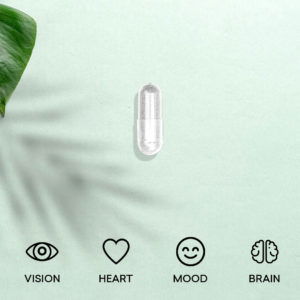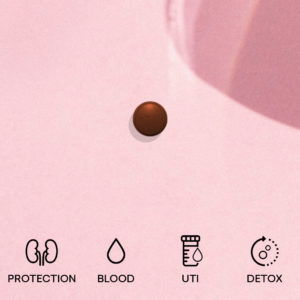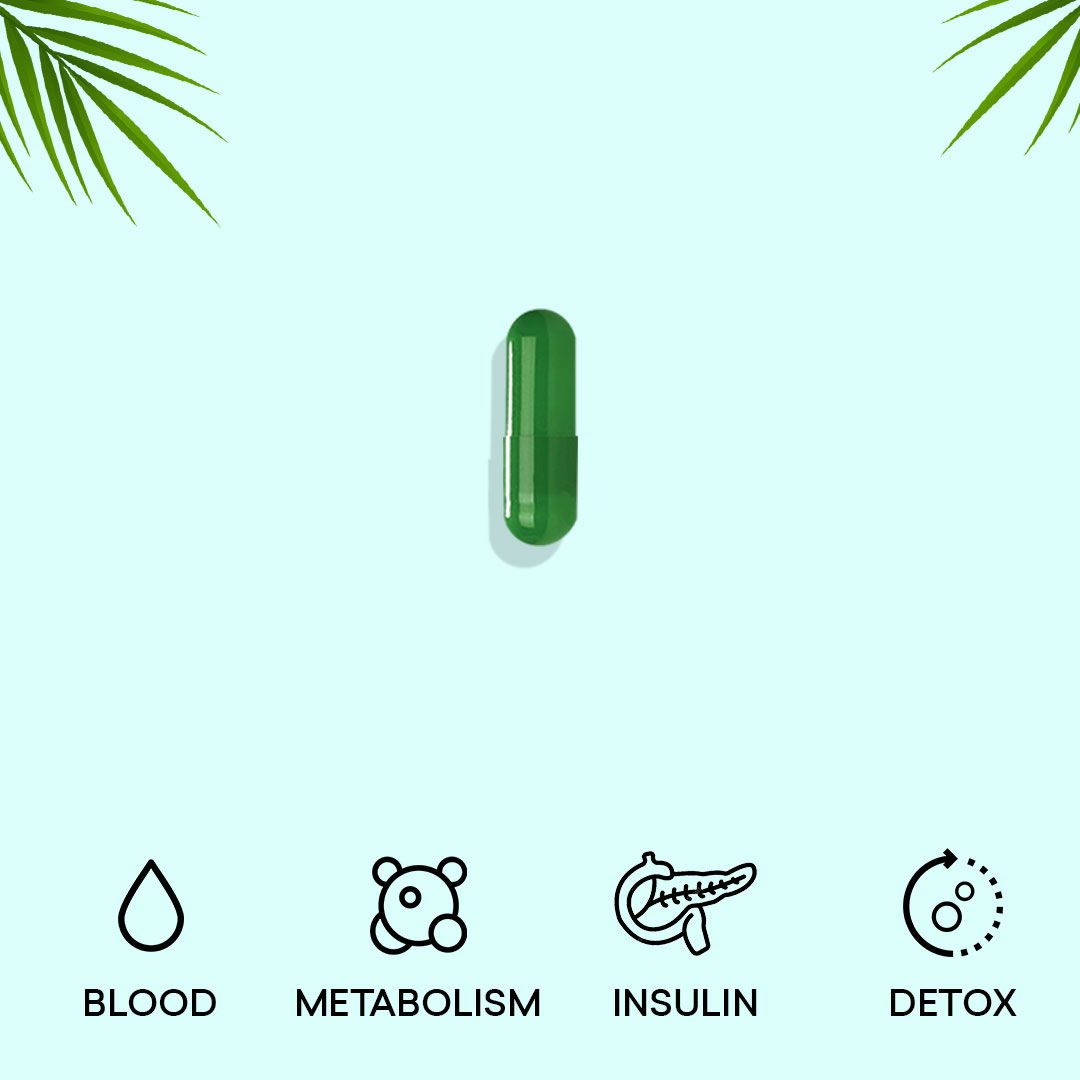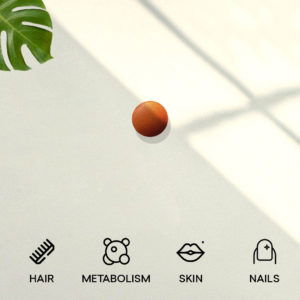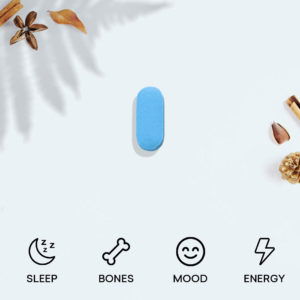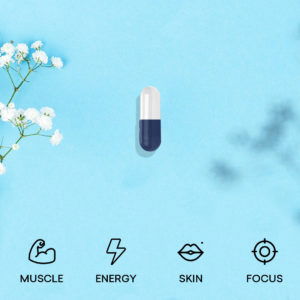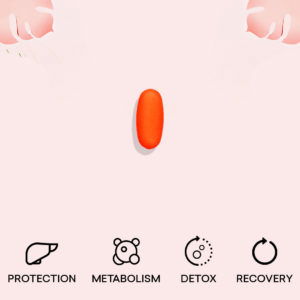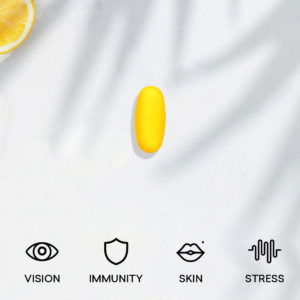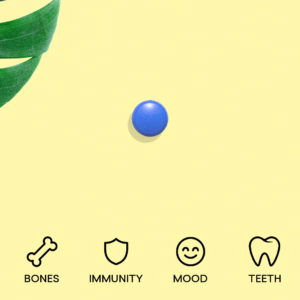Diabetes is a disease occurring when your blood glucose, also called blood sugar, is too high. Blood glucose is your prime source of energy and comes from the food you eat. Insulin, a hormone made by the pancreas, helps glucose from food get into your cells to be used as energy.
Type 1 diabetes, also called insulin dependent diabetes, is an auto-immune condition caused by the body attacking its own pancreas by antibodies. It is caused either by genetic predisposition or faulty pancreatic cells that normally produce insulin.
Type 2 diabetes is by far the most common form of diabetes. In this case, the pancreas makes some insulin but the amount produced is either too poor, or the body’s cells resist it. Insulin resistance happens mainly in fat, liver, and muscle cells.
Some symptoms of undiagnosed diabetes could be:
- Feeling too thirsty
- Urinating too often
- Feeling very hungry
- Feeling too fatigued
- Blurry vision
- Slower healing of cuts/bruises
- Tingling or numbness in hands/feet
Yes. The common symptoms of diabetes are excessive thirst and hunger and frequent urination. Anyone can also feel weak and exhausted. These symptoms are associated with severe diabetes.
Frequently lots of people do not have these symptoms even when the blood sugar levels fall in the diabetic range. Many people even have vague symptoms and complain of body pain and lassitude, etc. Therefore, it is difficult to detect diabetes by way of typical symptoms alone. Plenty of personal variations are noticed regarding visible signs of diabetes.
If you are at the risk of diabetes, you should-
- Manage your blood pressure
- Maintain your weight within or near a healthy range
- Get 30 minutes of exercise on most days
- Eat a balanced diet
Yes. This is a disorder either because of defective action or deficiency of insulin. It’s life-style disorder. Once the blood glucose is kept under control, a diabetic can lead a healthy, normal life.
Diabetes can affect various organs in the body including nerves, blood vessels, eyes, and kidneys.
Gestational diabetes can occur during pregnancy and may affect both the mother and the baby.


